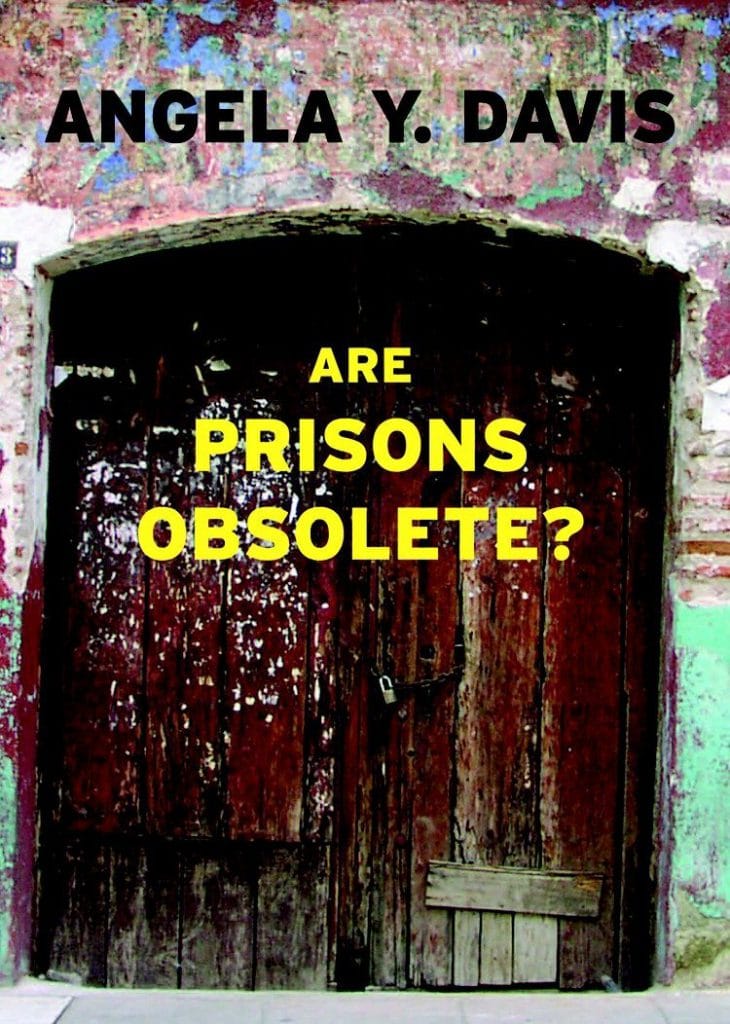

Du Bois Institute for Afro-American Research, and the Institute of Politics, she dismissed prison reform – the most prominent form of prison activism – as not going far enough. In this talk, the 2003 Maurine and Robert Rothschild Lecture co-sponsored by the Schlesinger Library at the Radcliffe Institute for Advanced Study, the W.E.B.

Now a professor in the history of consciousness department at the University of California, Santa Cruz, Davis may have tamed her trademark Afro but her ideas remain on the radical edge of the political spectrum. She spent more than a year in prison before she was acquitted, in 1972, of charges of murder and kidnapping related to the failed escape of a group of African-American prisoners known as the Soledad Brothers in California. population would help those who live in the free world feel safer and more secure?” she said.ĭavis, an icon of the radical political activism of the late 1960s and early ’70s, spoke of prisons not as a tourist but as a former resident. “My question is, Why are people so quick to assume that locking away an increasingly large proportion of the U.S. In a lecture at the Kennedy School of Government’s ARCO Forum Friday (March 7), activist and intellectual Angela Davis advocated for the abolition of prisons, casting the issue in human rights terms and urging a broader vision of justice. Backed by growing numbers of prisons and prisoners, Davis analyzes these institutions in the U.S.Angela Davis: ‘The prison is considered so natural and so normal that it is extremely hard to imagine life without them.’ (Staff photos by Justin Ide) As we make our way into the twenty-first century-two hundred years after the invention of the penitentiary-the question of prison abolition has acquired an unprecedented urgency. "In thinking about the possible obsolescence of the prison," Davis writes, "we should ask how it is that so many people could end up in prison without major debates regarding the efficacy of incarceration." Whereas Reagan-era politicians with "tough on crime" stances argued that imprisonment and longer sentences would keep communities free of crime, history has shown that the practice of mass incarceration during that period has had little or no effect on official crime rates: in fact, larger prison populations led not to safer communities but to even larger prison populations. Davis argues for the abolition of the prison system as the dominant way of responding to America's social ills. Summary: Amid rising public concern about the proliferation and privatization of prisons, and their promise of enormous profits, world-renowned author and activist Angela Y.


 0 kommentar(er)
0 kommentar(er)
